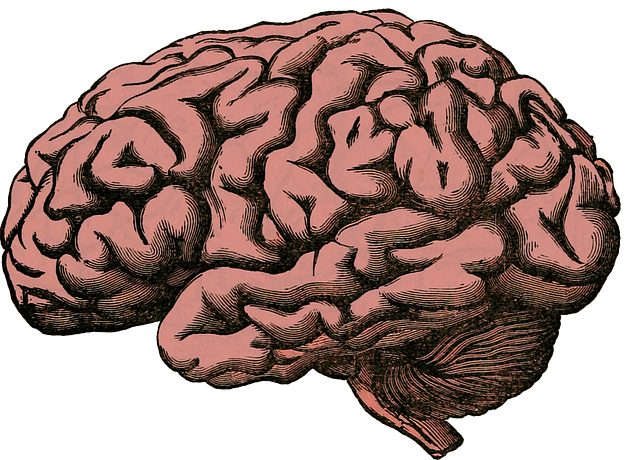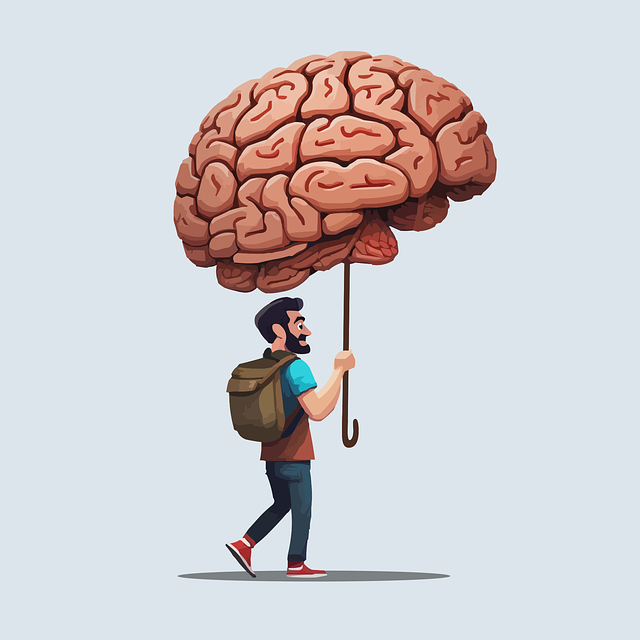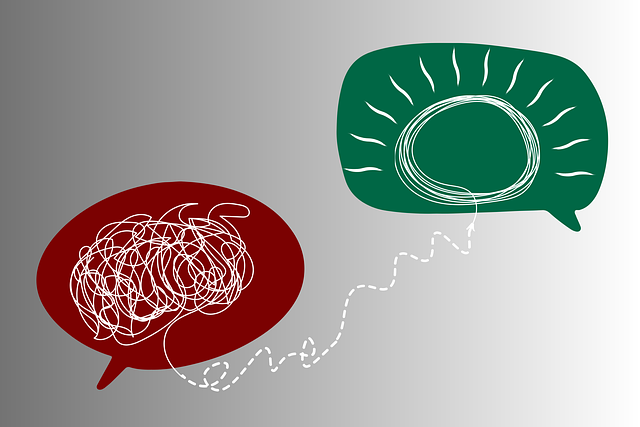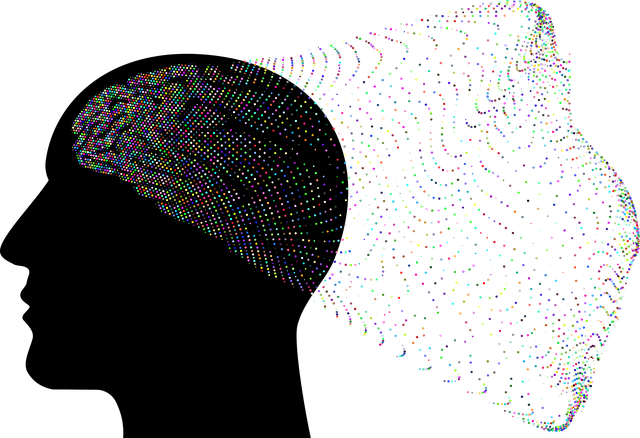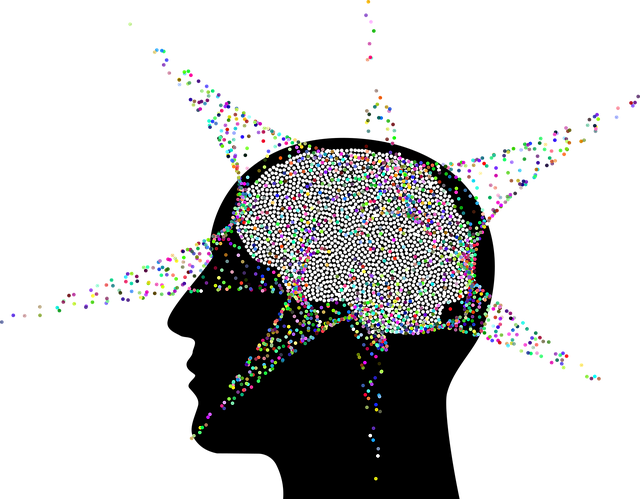Children grappling with loss and grief often exhibit confusion, anger, or guilt, requiring a nuanced therapy approach for Oppositional Defiance Disorder (ODD). Mental wellness journaling and social skills training support them in processing emotions privately, learning conflict resolution, and preserving loved ones' memories. Recognizing signs of distress like behavioral changes, withdrawal, and emotional volatility is crucial; therapy provides a safe space to process emotions, develop coping strategies, and enhance mental health, even with ODD symptoms. Specialized counseling for children experiencing loss focuses on emotional expression through play or art therapy, fostering mental wellness awareness and resilience over time.
Loss, grief, and bereavement counseling are vital components of supporting children through life’s toughest challenges. This article explores these complex topics from a child’s perspective, offering insights into recognizing signs that a child may need counseling and effective therapeutic approaches to manage grief.
We delve into the specific role of therapy in addressing Oppositional Defiance Disorder (ODD) and provide practical strategies for helping young individuals navigate their emotions during difficult times.
- Understanding Loss, Grief, and Bereavement: A Child's Perspective
- Recognizing the Signs: Identifying When a Child Needs Counseling
- The Role of Therapy in Managing Oppositional Defiance Disorder (ODD)
- Effective Approaches for Grief Counseling with Children and Adolescents
Understanding Loss, Grief, and Bereavement: A Child's Perspective

Children experience loss, grief, and bereavement just like adults, but their perspectives and coping mechanisms can be quite unique. When a child loses someone close to them, they may struggle to comprehend the permanence of death and often project their own fears and questions onto this new reality. They might ask why they can’t see or talk to the deceased, leading to feelings of confusion, anger, or even guilt. Understanding a child’s perspective is crucial in providing effective therapy for children with Oppositional Defiance Disorder (ODD) who have experienced significant loss.
In navigating these complex emotions, mental wellness journaling exercises can be beneficial. Encouraging children to express their thoughts and feelings through writing allows them to process their grief privately and provides guidance on healthy conflict resolution techniques. Additionally, social skills training can help children cope with changes in their social structures, fostering new connections while honoring the memory of their loved ones.
Recognizing the Signs: Identifying When a Child Needs Counseling

Recognizing when a child needs counseling is a crucial step in supporting their mental wellness. While children may express grief and bereavement differently than adults, signs of distress can include sudden changes in behavior, such as increased oppositional defiance disorder symptoms or a significant shift in academic performance. They might withdraw from social activities they once enjoyed or exhibit emotional volatility. These behaviors could indicate that the child is struggling to cope with loss and needs professional support.
Parents and caregivers play a vital role in assessing these signs, but it’s also essential to remember that children may not always verbalize their feelings directly. Observing subtle cues and changes in routine can be valuable indicators. If a child’s grief or bereavement leads to persistent difficulties in daily functioning or impairs their ability to build resilience, therapy can provide a safe space for them to process emotions, develop coping strategies, and enhance overall mental health, even if they exhibit oppositional defiance disorder symptoms.
The Role of Therapy in Managing Oppositional Defiance Disorder (ODD)

For children struggling with Oppositional Defiance Disorder (ODD), therapy plays a pivotal role in managing symptoms and fostering healthy development. Through specialized therapeutic approaches tailored for young minds, therapists help children navigate their emotions, improve self-esteem, and enhance emotional intelligence—crucial aspects in promoting mental wellness. Therapy offers a safe space for kids to express themselves, understand their behaviors, and learn coping strategies that can significantly reduce ODD symptoms.
Mental wellness coaching programs developed within this framework not only address the immediate challenges of ODD but also lay the groundwork for long-term emotional resilience. By focusing on self-esteem improvement and emotional intelligence, therapy empowers children to better manage stress, resolve conflicts constructively, and build healthier relationships—all essential components in their overall growth and development.
Effective Approaches for Grief Counseling with Children and Adolescents

Counseling children and adolescents through loss, grief, and bereavement requires a sensitive and tailored approach. Given the unique challenges faced by young individuals, especially those with oppositional defiance disorder (ODD), therapists must employ strategies that cater to their developmental stage and specific needs. Effective therapy for children involves creating a safe and supportive environment where they can express their emotions freely, often through play or art therapy, which can be particularly beneficial in processing complex feelings.
The goal is not just to help them cope but to foster mental health awareness and resilience. By teaching mood management techniques and encouraging positive thinking, therapists empower children to navigate their grief journey. This holistic approach considers the child’s overall well-being, addressing both the immediate emotional needs arising from loss while also laying the foundation for long-term coping strategies.
Loss, grief, and bereavement counseling play a pivotal role in helping children navigate emotional challenges. By understanding their unique perspectives and recognizing signs of distress, we can provide effective support. The article has explored the importance of therapy, particularly in managing Oppositional Defiance Disorder (ODD), offering valuable insights into its role as a potent tool for healing. Through evidence-based approaches tailored to children and adolescents, grief counseling becomes a lifeline, helping them process loss and foster resilience. These strategies ensure that young individuals can cope healthily, allowing them to rebuild and find solace in their journey through bereavement.



